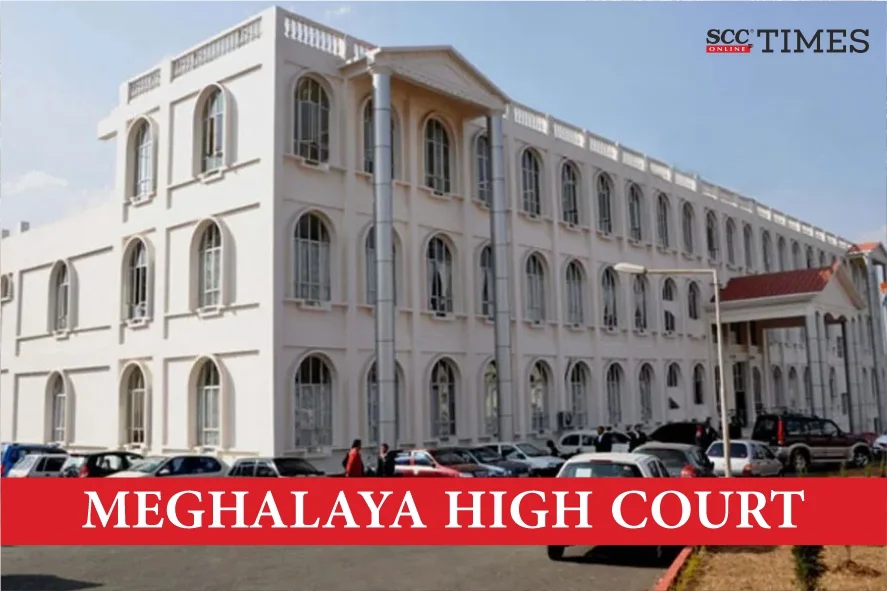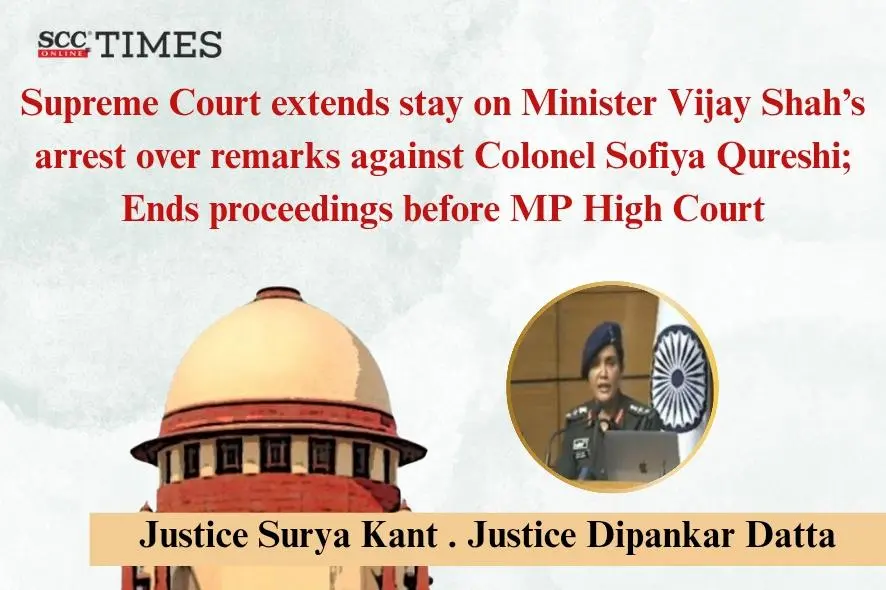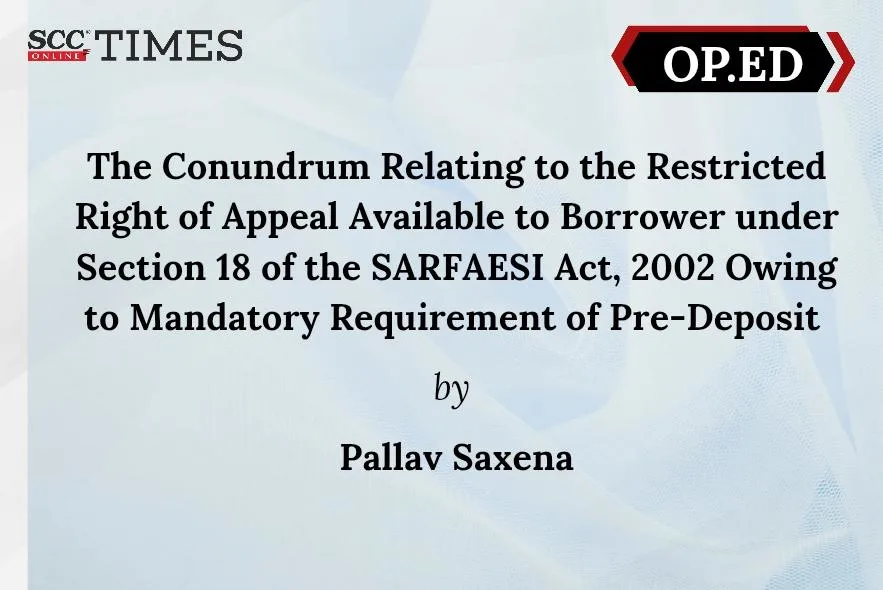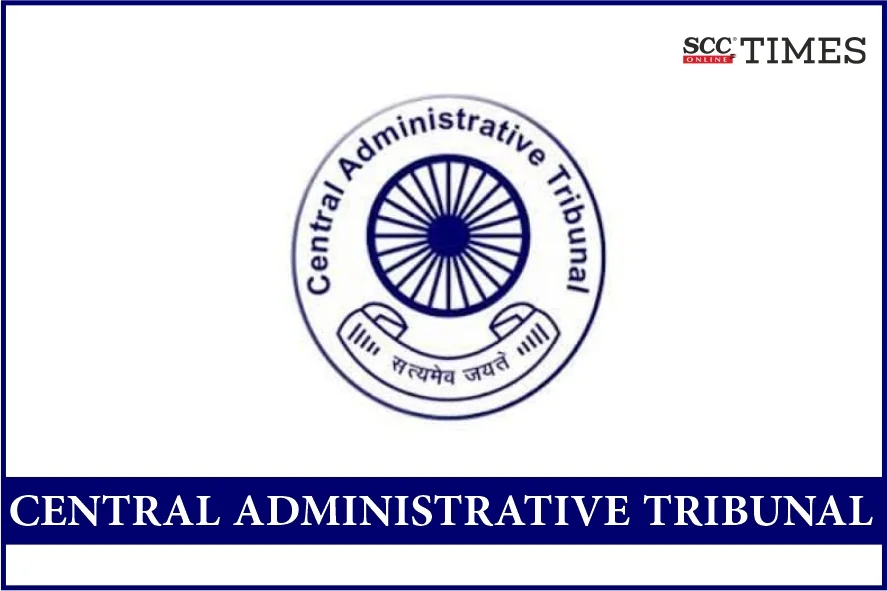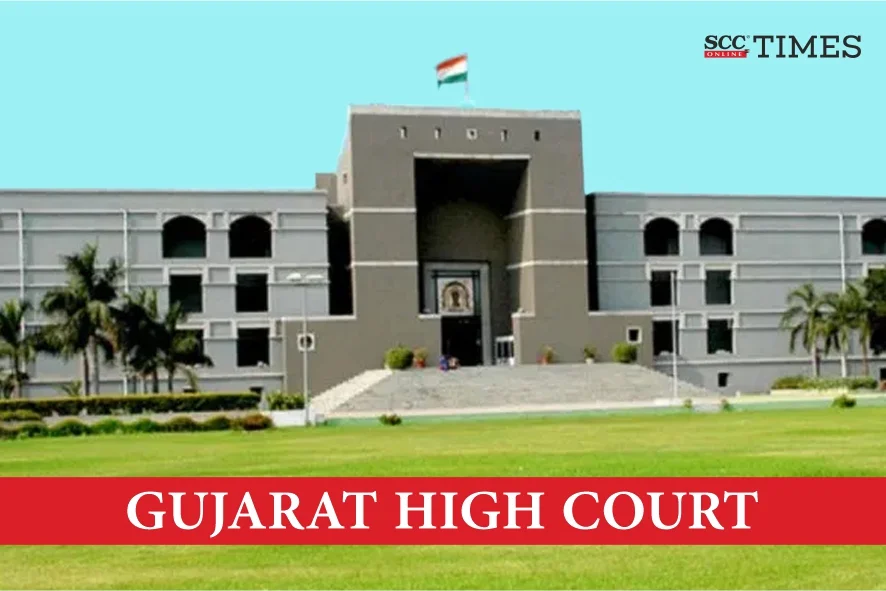Jharkhand High Court: Deepak Roshan, J., while dismissing the present batch of petitions, found no infirmities in the enquiry conducted by the Disciplinary Authority or in the decision of the Revisional Court.
Brief Facts
Present case is a combination of several interconnected matters, facts of which are briefly mentioned hereunder;
- That a joint enquiry was conducted against 23 personnel including the present petitioners and a common memo of charge dated 31-07-2011 was served to all of them.
- That thereafter, the Inquiry Officer conducted a joint enquiry as per the existing instructions and charges leveled against the petitioners were proved.
- That subsequently, the Inquiry Officer submitted the enquiry report before the Disciplinary authority which was also handed over to the individuals to submit their representation on the report and after considering enquiry report as well as the representation submitted by the petitioners to the disciplinary authority, final order of punishment was passed against all the said petitioners.
- That aggrieved with the order of punishment passed by the Disciplinary authority the petitioners preferred an Appeal which got dismissed and even the revision application filed by the individual petitioners were rejected, upholding the order passed by the Disciplinary authority.
- That challenging the aforesaid orders of punishment, dismissal of appeal and revision, the petitioners have preferred these writ applications.
Contentions
Prashant Pallav, counsel for the petitioners, vehemently argued that the opportunity for making a representation was provided by the disciplinary authority in the most mechanical manner, inasmuch as the entire enquiry was conducted between 08-01-2012 to 10-10-2012. He further contended that the witnesses who were examined on behalf of prosecution were not the eye witnesses and that their statements ought not to have been given weightage. He further contended that more or less the charges against all the 23 persons including the present petitioners were similar, however, the disciplinary authority, for the reasons best known to them, had passed different punishments in case of different employees. Relying on the case of State of Punjab v. Chaman Lal Goyal, (1995) 2 SCC 570, counsel further contended that the departmental proceedings were unduly delayed, prejudicing the case of the petitioners.
Rajiv Sinha and Binod Singh oppose the prayer of the petitioners and submit that the departmental enquiry was conducted as per the existing procedure and the petitioners were given ample opportunities to defend themselves. After a detailed enquiry, the charges were levelled against each petitioner and the respective order of punishment was passed. It was further submitted that the contention of the petitioners against belated departmental proceeding has been fully explained in the counter-affidavit and the judgment relied on has no relevance in the present factual matrix. Union of India v. P. Gunasekaran, (2015) 2 SCC 610 was relied on to plead the dismissal of the entire batch of petitions.
Observations
Dismissing the contention of procedural haste and possible instance of irregularity, the Court observed, “(…) all the prosecution witnesses were examined in the presence of writ petitioners and they were allowed to cross-examine them and further the evidence recorded was also supplied to all delinquent charged employees. Looking to the aforesaid facts, it cannot be said that any procedural irregularity has been committed by the Disciplinary Authority. After going through the enquiry report, it clearly transpires that the case of each writ petitioner has been dealt separately at internal pages of the enquiry report and finding of the guilt of respective petitioner has also been dealt separately…” Further, upon perusal of the enquiry report, the Court said, “though the prosecution witnesses, total seven in number, were examined between 08-01-2012 to 10-01-2012 but all the twenty three charged personnel were given liberty to cross-examine them. From enquiry report, it further transpires that in order to follow the principle of natural justice, all the 23 charged personnel were given 15 days time, that is, till 27th January, 2012 to produce their defense evidence/witness.” Citing the case of Central Industrial Security Force v. Abrar Ali, (2017) 4 SCC 507, the Court acknowledged the decision of both, the Appellate and the Revisional Authority and refrained from acting as an appellate forum against well-reasoned orders of Disciplinary Authority.
Decision
Dismissing the present petition, the Court reiterated the nature and scope of interference that the Court can exercise while entertaining petitions challenging decisions of Disciplinary Authority.[Balwant Singh v. Union of India, 2020 SCC OnLine Jhar 889, decided on 20-10-2020]
Sakshi Shukla, Editorial Assistant ahs put this story together


